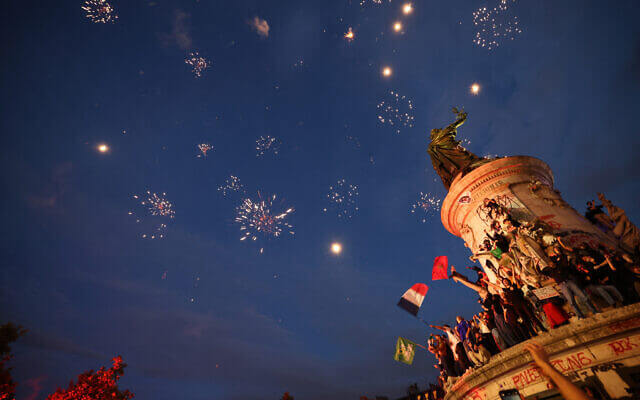Note from the Publisher: This piece belongs to the Merion West Legacy series, referring to articles and poems published between 2016 up to Spring 2025.
The French Election and Europe’s Post-Historical Collapse

“While I was always a philosopher, I was originally a fairly apolitical one, and it was my first year in France that awoke the political part of my being, for I saw all around me where socialism, oikophobia, and multiculturalism were leading.”
Timeless reading in a fleeting world.
Journalism
Commentary
Poetry
Merion West is an independent publisher, celebrating the written word since 2016.
Join Now
$3/month Free
If unable to pay, click here.

